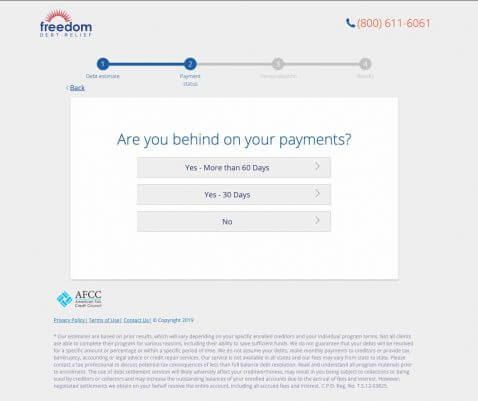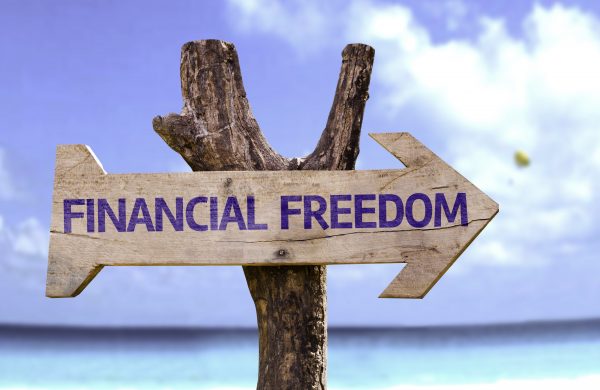

It's also important to understand that debt consolidation involves taking out a new loan. Although you may be approved for a loan, the interest rates offered to you will likely be high and may negate the savings you hoped to achieve by consolidating your debt. Consolidating debt when you have bad credit can be challenging. If your credit score is lower than 670, debt consolidation may not be a good option for you. Generally, borrowers with scores of 740 or higher will receive the best interest rates, followed by those in the 739 to 670 range. High credit scores mean you'll be more likely to qualify for a loan with favorable terms for debt consolidation. Debt consolidation loans and your credit scoresīefore you're approved for a debt consolidation loan, lenders will evaluate your credit reports and credit scores to help them determine whether to offer you a loan and at what terms. Although 401 (k) loans don't require credit checks, dipping into your retirement savings is a dangerous prospect, and you stand to lose out on accumulating interest.Ĭonsolidation can certainly be a tidy solution to repaying your debt, but there are a few things to know before you take the plunge. You can also borrow against your 401(k) retirement account to consolidate debts. However, these types of secured loans are much riskier to the borrower than a debt consolidation plan, since the borrower's home is used as collateral and failure to pay may result in foreclosure.Ĥ01 (k) loan. For homeowners, it's also possible to consolidate debt by taking out a home equity loan or home equity line of credit (HELOC). Home equity loan or home equity line of credit. However, borrowers will only be offered the best interest rates and other favorable loan terms if they have good credit scores. Debt consolidation loans are unsecured, meaning the borrower doesn't have to put an asset on the line as collateral to back the loan.

Frequently used to consolidate credit card debt, they come with lower interest rates and better terms than most credit cards, making them an attractive option. The most common of these are personal loans known simply as debt consolidation loans.

What works best for you will depend on your specific financial circumstances. There are several ways to consolidate debt. In short, you'll generally spend less on interest and pay off what you owe more quickly. By combining multiple balances into a new loan with a lower interest rate, you can reduce cumulative interest, which is the sum of all interest payments made over the life of a loan.ĭebt consolidation loans often feature lower minimum payments, saving you from the financial consequences of missed payments down the line. Second, it can make repayment less expensive. First, consolidation condenses multiple monthly payments, often owed to different lenders, into a single payment. Consolidation does not automatically erase your debt, but it does provide some borrowers with the tools they need to pay back what they owe more effectively. You can consolidate multiple credit cards or a mix of credit cards and other loans such as a student loan or a mortgage. What is debt consolidation?ĭebt consolidation is a debt management strategy that combines your outstanding debt into a new loan with just one monthly payment. Consolidation can be an extremely useful repayment strategy - provided you understand the ins, the outs and how the process could impact your credit scores. If you're struggling to pay off multiple debts simultaneously, you might consider debt consolidation. Weigh the pros and cons of debt consolidation and how it might affect your credit scores to decide whether it's the right path for you.There are several ways to consolidate debt.Debt consolidation is a debt management strategy that combines your outstanding debt into a new loan with a single monthly payment.


 0 kommentar(er)
0 kommentar(er)
